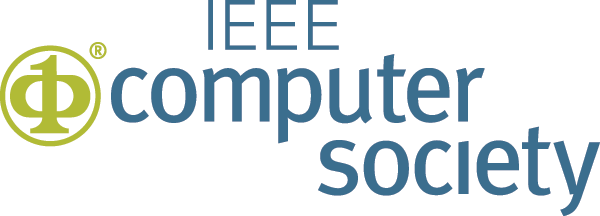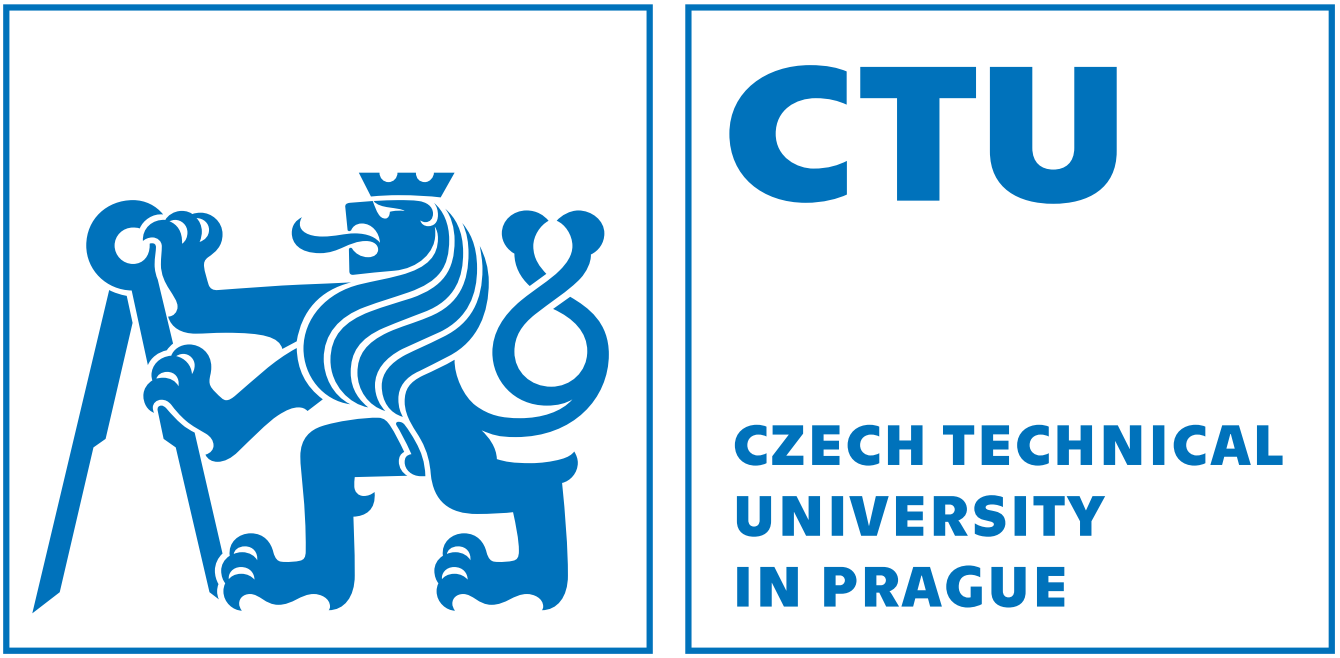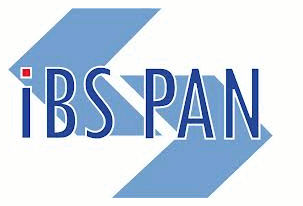Categories of Papers
The FedCSIS submission system invites regular papers, position papers, communication papers, and dissemination papers. Regular papers can be accepted and published as full or short papers, and in rare, exceptional cases can be offered acceptance and publication as position or communication papers. Regular and short papers are published in Conference Proceedings, while position and communication papers are published in separate volume(s).
Authors should submit an original paper in English, carefully checked for correct grammar and spelling, using the on-line submission procedure. The guidelines for paper formatting provided at the conference website ought to be used for all submitted papers. The preferred submission format is the same as the camera-ready format. Please check and carefully follow the instructions and templates provided.
Regular papers should be original research work, present analysis of data and discussion of research findings. Regular papers must not exceed 10 pages. Regular papers could be:
- Original contribution papers that describe new research contributions. They define theories and/or build artifacts, describe the related research, and propose a solution validated via scientific methods, such as experiments, analyses, simulations, mathematical proofs or field/case studies.
- Experience evaluation papers that present existing experiences encountered in practice. They define related challenges, and propose new scientifically-validated solutions to one or more of those challenges. Papers in this category seek to create innovations based on cutting-edge computer science and information systems capabilities.
Position papers relate to an ongoing research or experience. Position papers must not exceed 8 pages. Papers submitted as position papers, cannot be accepted as regular papers. However, time and space allowed, position papers will be presented by the authors alongside regular papers. Position papers could be:
- Challenge papers that propose and describe research challenges in theory or practice of computer science and information systems. The papers in this category must be based on deep understanding of existing research or industrial problems. Based on such understanding and experience, they need to define new exciting research directions and show why these directions are crucial to the society at large.
- Emerging research papers that present preliminary research results from work-in-progress based on sound scientific approach but presenting work not completely validated as yet. They must describe precisely the research problem and its rationale. They must also define precisely the intended future work including the expected benefits from solution to the tackled problem. Subsequently, they may be more conceptual than experimental.
Communication papers papers report on research topics worthy of immediate communication. Communication papers must not exceed 8 pages. They may be used to mark a hot new research territory or to describe work in progress in order to quickly present it to scientific community. They may also contain additional information omitted from the earlier papers or may present software tools and products in a research state.
Dissemination papers are submitted to Events dedicated to the dissemination of R&D results obtained in consortia-based projects and ventures. Dissemination Events are given more freedom as to how they can be run; with the specific rules resulting from individual discussions with the Chairs of the FedCSIS conference series.






